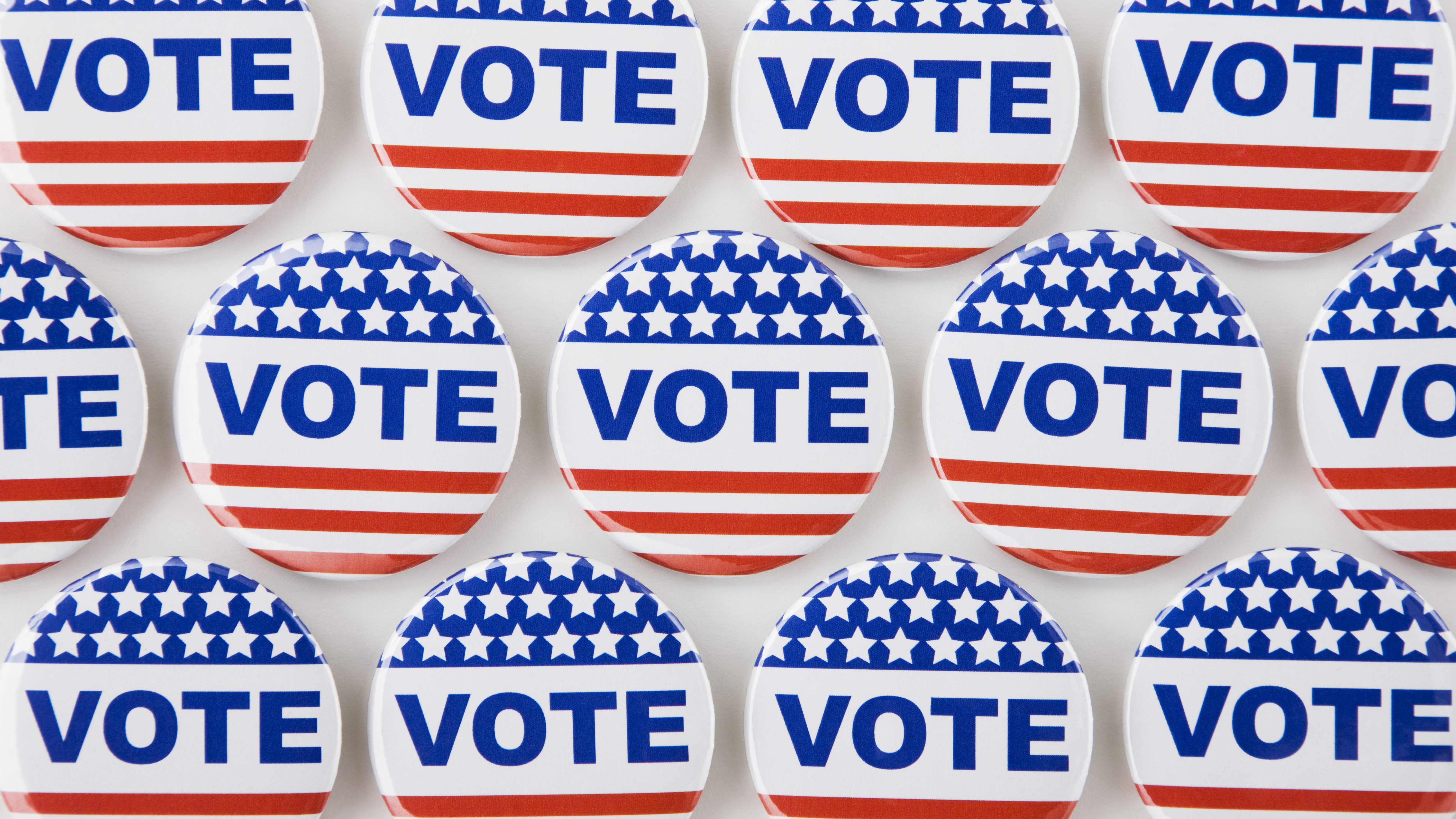The total number of people who have filed for unemployment over the past three weeks reached nearly 17 million, an all-time high, and it might be even higher because some are still waiting to see if they qualify.
Cherryl Bueno is an athletic trainer who works with schools and sports tournaments providing medical care to athletes. Since the coronavirus pandemic stopped life as we know it, Bueno’s work contracts were cancelled.
“I kept on getting emails that said, hey we’re going to postpone or cancel the rest of the events for the month of March and that extended into the month of April and so on and so forth,” said Bueno.
As of the second week of April, Bueno doesn’t think she’ll be back at work until August. With no income, she’s dependent on her savings.
“I had hope when it first started that it’s going to be postponed and then it was slow cancellations. The cancellation period kept getting extended further and further and that’s what caused or prompted my concern because my savings can only last so long,” Bueno said.
Financial advisor Brett Gottlieb says with so many people out of work right now, they need to look at how much they have.
“The first thing you should do is be assessing your overall budget. You know, what are your expenses? What are your income sources?" says Gottlieb.
Local
For people who still have a job, Gottlieb says the best thing to do is start saving right away.
“You want to determine do I have a savings pool set aside. Ideally you should have somewhere between 6 months and 12 months of emergency money on the side. Not money invested, not money in accounts that might be down because of what’s going on with the stock market right now but literally cash savings,” said Gottlieb.
Bueno has applied for unemployment benefits and is waiting to find out if she qualifies. Since she’s an independent contractor she might not.
“We try to remain hopeful but we really don’t know,” she said.



